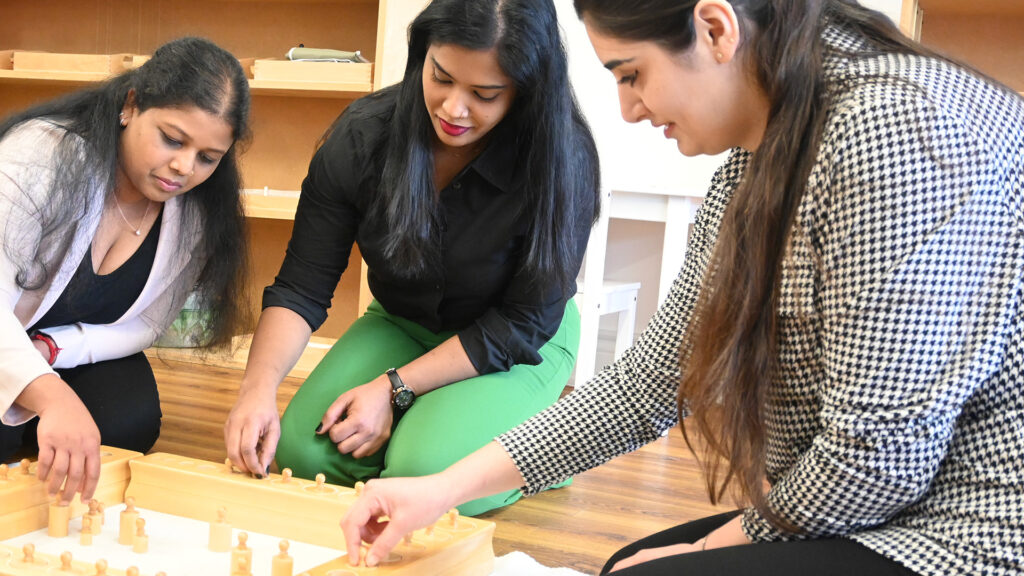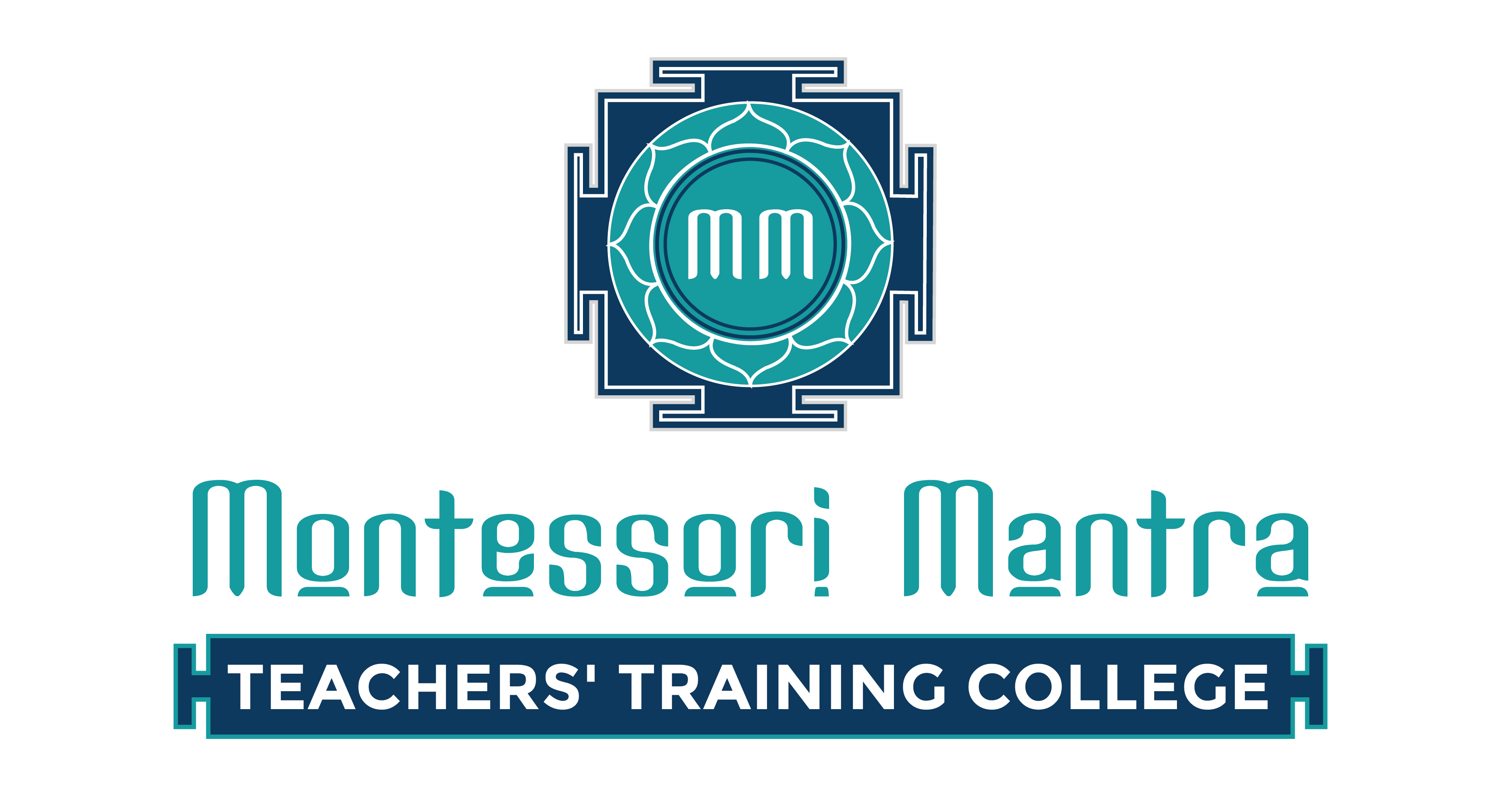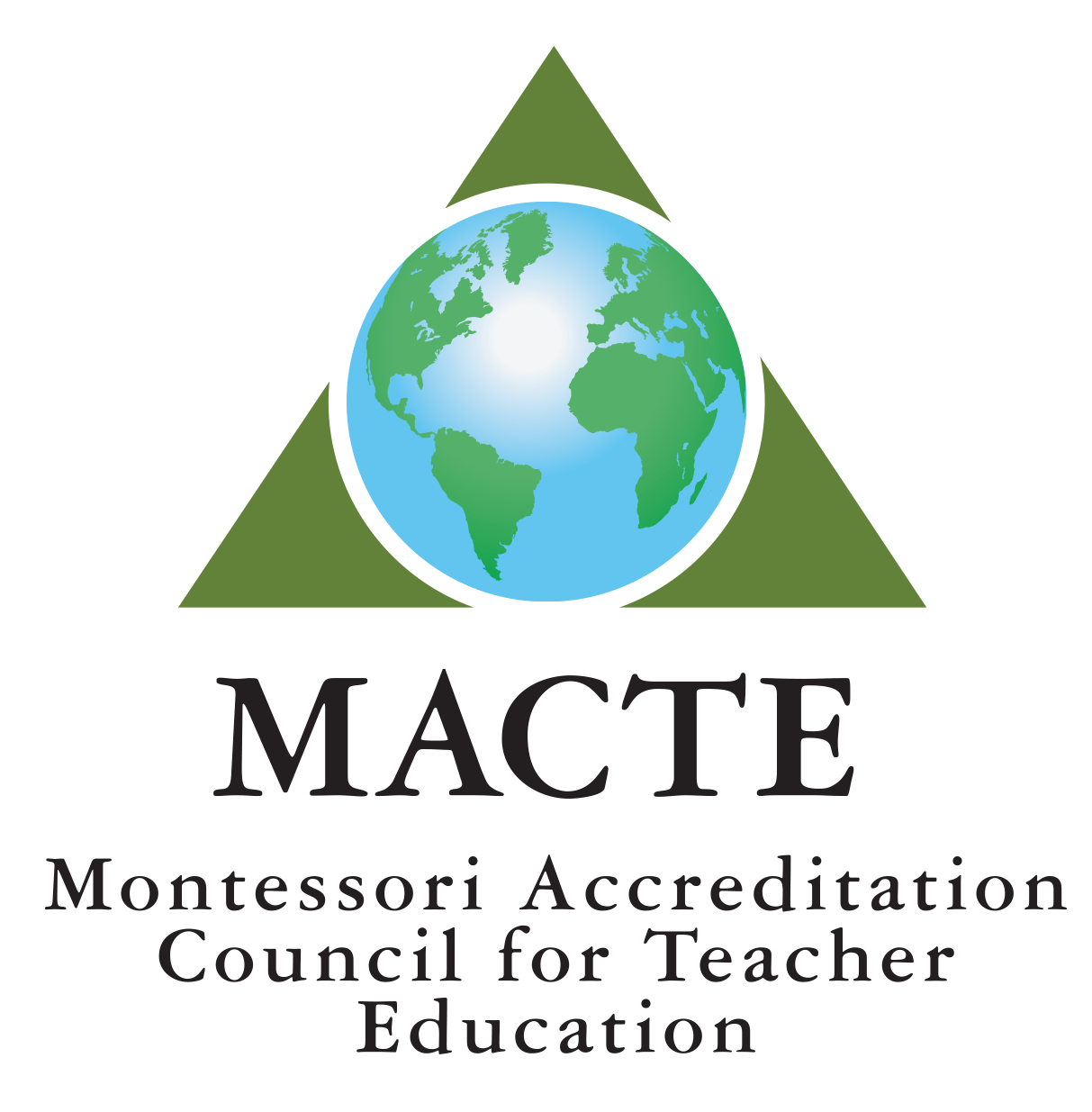
Hands-on learning is a cornerstone of the Montessori educational philosophy. This approach allows children to engage with materials directly, facilitating deeper understanding and retention of concepts. Here, we explore the pivotal role of hands-on learning in Montessori education and its benefits for children’s development.
Engages Multiple Senses
Hands-on learning in Montessori education engages multiple senses, making learning a more comprehensive and immersive experience. Children use touch, sight, and sometimes sound and smell to explore materials, which helps reinforce concepts more effectively than passive learning methods.
Promotes Active Learning
Active participation is crucial in Montessori classrooms. Hands-on activities require children to actively engage with their tasks, encouraging them to think critically and solve problems. This active involvement fosters a deeper connection to the material being learned.
Enhances Fine Motor Skills
Many Montessori materials are designed to develop fine motor skills. Activities such as pouring, threading, and using tweezers help children improve their hand-eye coordination and dexterity, which are essential for tasks like writing.
Facilitates Understanding of Abstract Concepts
Hands-on learning makes abstract concepts more concrete. For instance, Montessori math materials like the golden beads help children visualize and understand complex mathematical concepts through manipulation and experimentation.
Encourages Independence
By engaging in hands-on activities, children learn to manage tasks independently. Montessori educators provide guidance, but the hands-on nature of the materials allows children to learn at their own pace and correct their mistakes, fostering self-reliance and confidence.
Stimulates Curiosity and Exploration
Hands-on learning encourages children to explore and ask questions. The tactile nature of Montessori materials invites curiosity, prompting children to investigate and discover new things about the world around them.
Supports Social and Emotional Development
Many hands-on activities in Montessori classrooms are collaborative, teaching children to work together, share, and communicate effectively. This social interaction helps children develop important emotional and social skills.
Reinforces Memory and Retention
The physical act of manipulating materials helps reinforce memory and retention. Children remember concepts better when they have actively engaged with them, making hands-on learning a powerful tool for long-term knowledge retention.
Adapts to Individual Learning Styles
Hands-on learning caters to various learning styles, whether visual, auditory, or kinesthetic. Montessori materials are versatile and can be used in multiple ways to suit the unique needs of each child.
Makes Learning Enjoyable
Finally, hands-on learning makes education enjoyable and engaging. Children are more likely to develop a love for learning when they can interact with materials and experience the joy of discovery firsthand.
Understanding the importance of hands-on learning is crucial for aspiring Montessori educators. By incorporating hands-on activities into their teaching practice, educators can create a dynamic and effective learning environment that supports the holistic development of every child.


